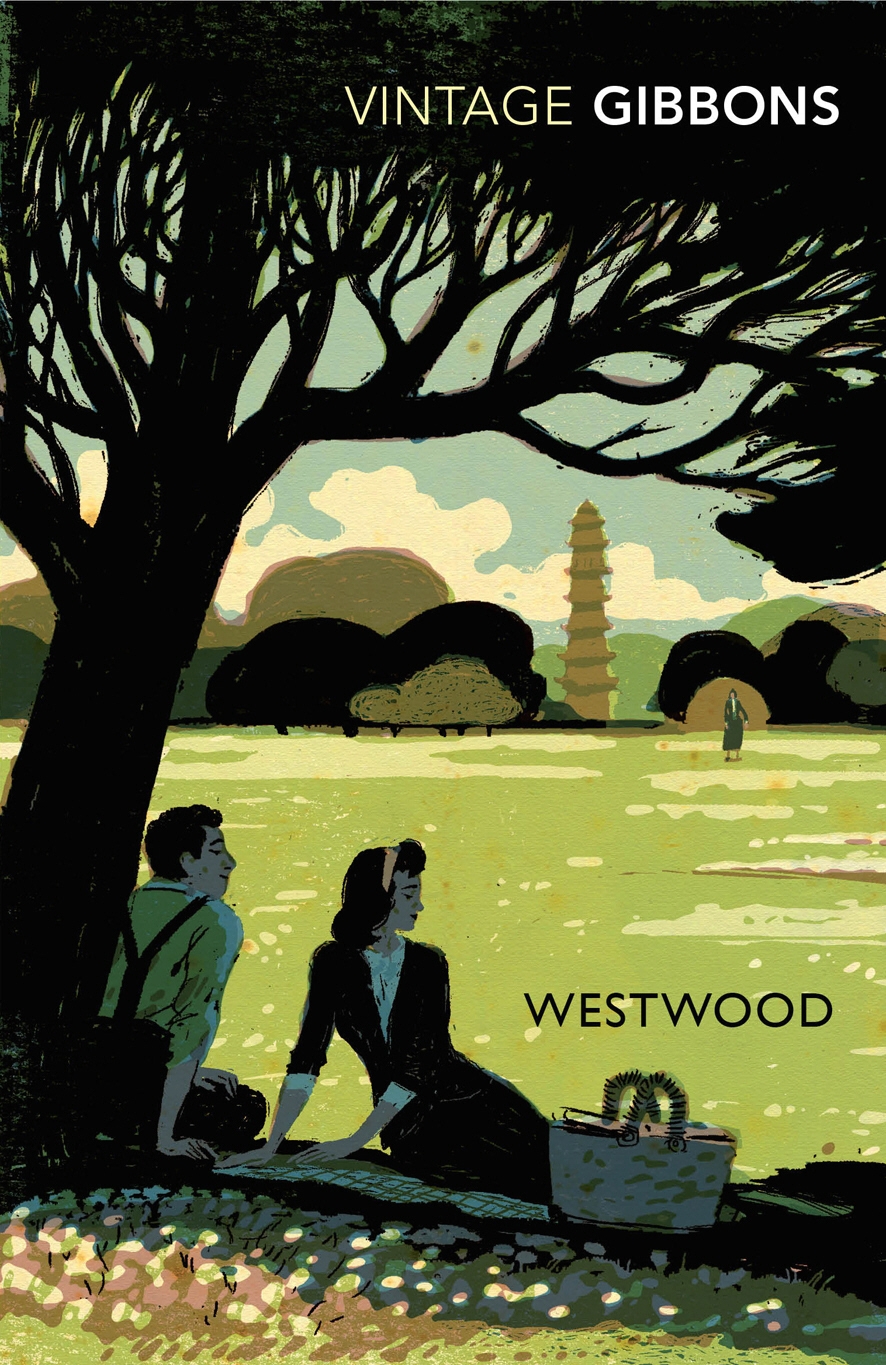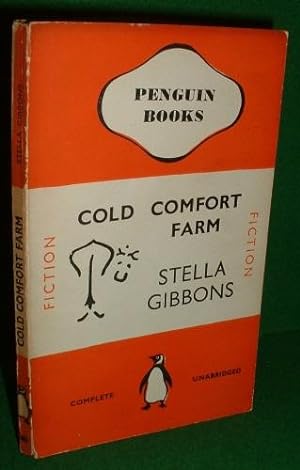

D H Lawrence in particular was considered very daring and scandalous by writing about buttocks and haunches in plain English. I think we can all do this now without even trying the British have been well-educated in how to add sex to satire. Her landscape descriptions do the bulk of the work in sending up the really overblown prose styles, the kind that relentlessly connect sex and women’s bodies with fertile dimpled dells and swelling rhododendron buds.



the expressiveness of line in this cover illustration is as tremendous as anything Marie Laurencin could have done. Thus Gibbons makes it clear from the start that her novel will not show any weakness. And so she has regretfully felt it necessary to add asterisks to her paragraphs that are deliberate hommages to his, and to others of his ilk, so that readers will be able to spot them easily, and admire them properly. However, this acolyte makes it clear that while her novel is intended to be funny, she is aware that his style (which we are to understand is overblown, pompous, self-important, and ridiculous) is not … funny. She begins the novel with a mock Foreword to a pretentious but invented author of note, Anthony Pookworthy, whom she addresses as an acolyte. Whoever the criminal, Gibbons has a fine old time tearing their style to shreds. Mary Webb is the usual suspect as Gibbons’ main target, but Sheila Kaye-Smith, D H Lawrence and Constance Holme have also been accused of too much melodrama. All is Gothic, melodramatic, and rural, a parody of the style used by a particular strand of British writing from the 1920s and 1930s that wallowed in extremes of emotion to produce melodramatic, earthy effects. Its story is simple: Flora Poste decides to civilise her Starkadder relations by leaving her ordered, London existence, and goes to live on their farm, Cold Comfort Farm, in Sussex. It won a prestigious literary prize in 1933, the Prix Femina Vie Heureuse Anglais, which marked the novel out as being one of the best of that year. This podcast scripts catch-up from the Really Like This Book miniseries on the mighty tradition of British humour in fiction is on Stella Gibbons’ fine satire of rural life and literary pretentiousness, Cold Comfort Farm (1932).


 0 kommentar(er)
0 kommentar(er)
